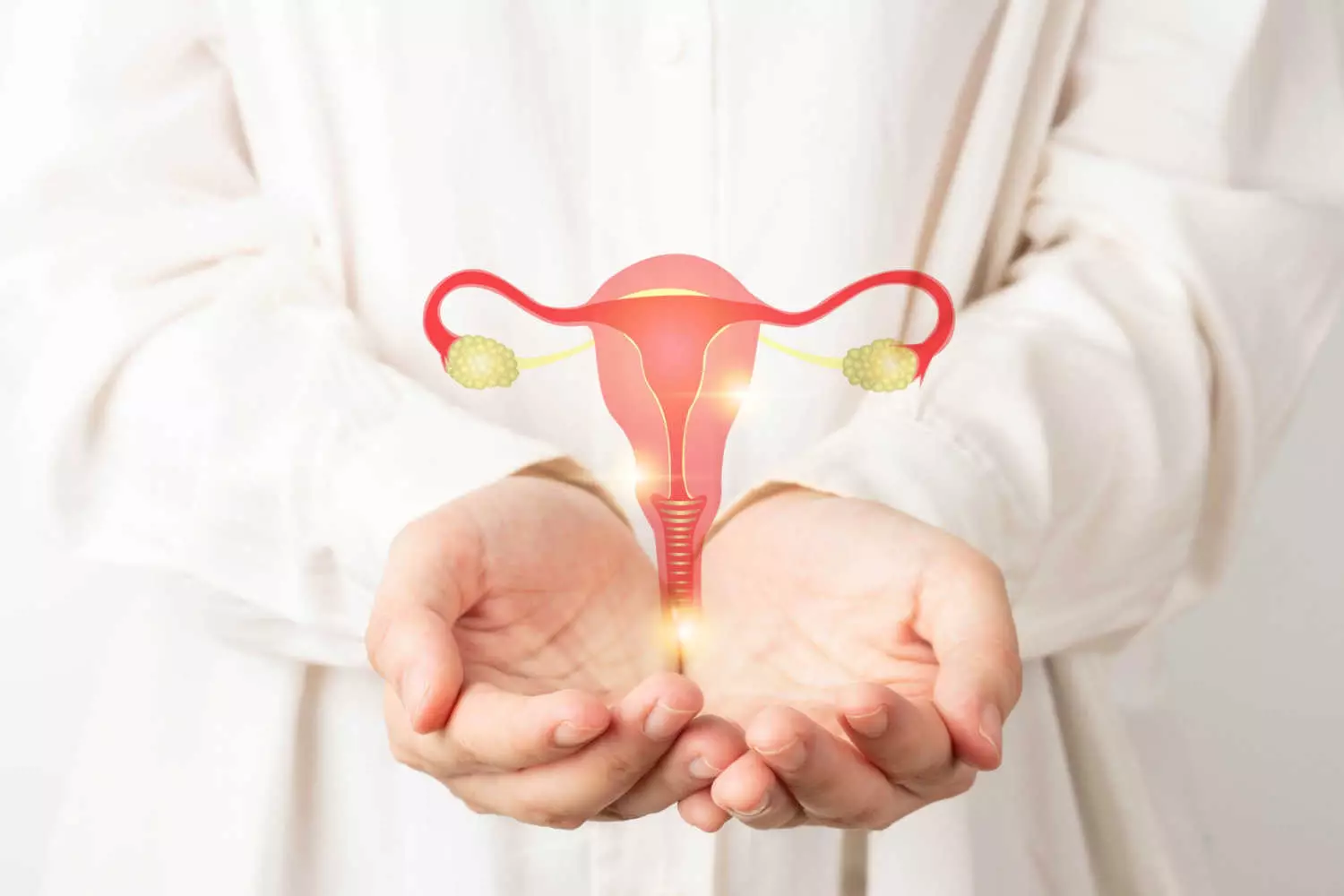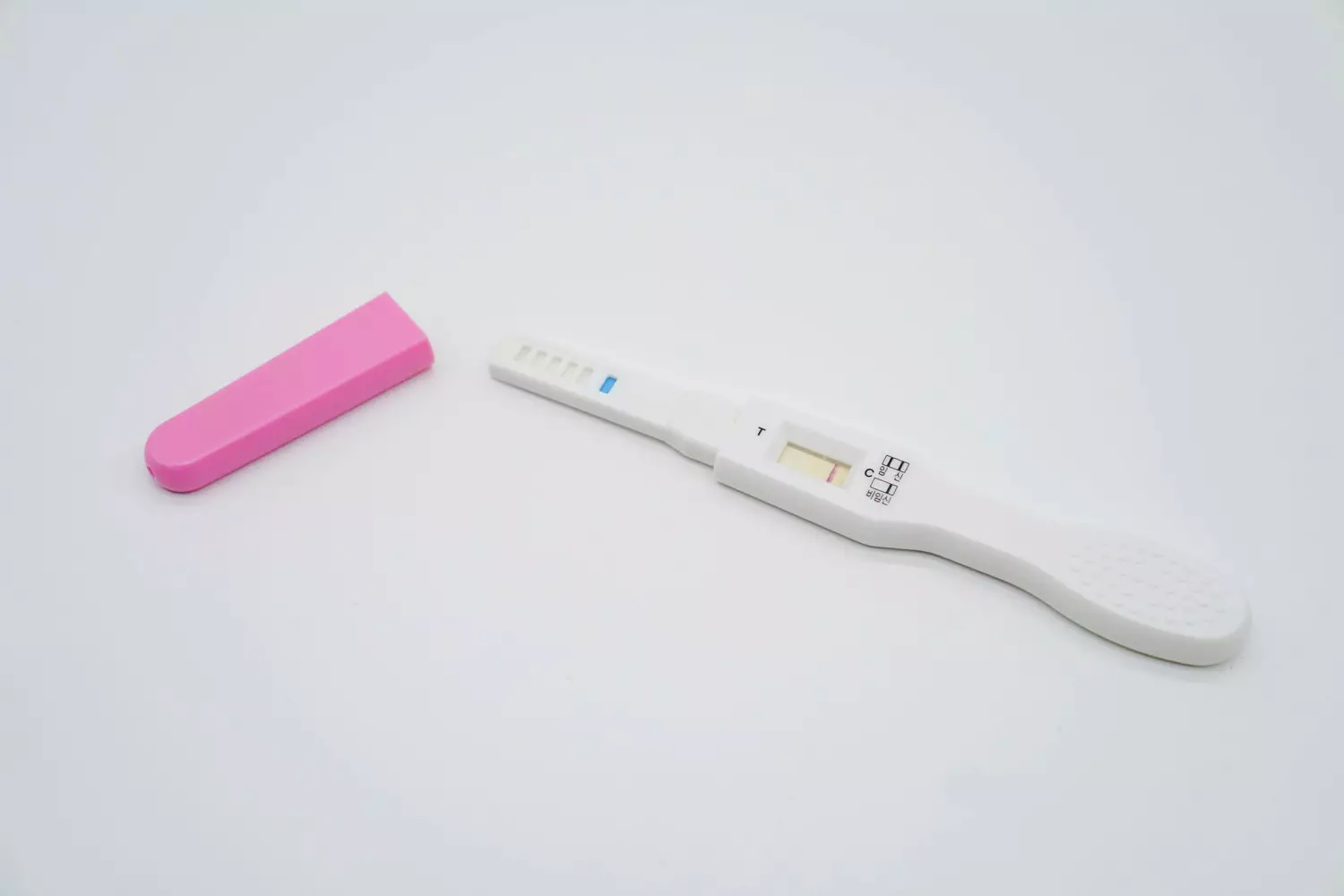
Fertility Treatment With In Vitro Maturation(IVM)
4 min readWritten by Editorial Team


The journey to having a baby is a precious one we all want to experience. But for some couples, this journey can be fraught with challenges. Health issues with the man or woman or both can sometimes make conceiving difficult. In such situations, assisted conception is an option that can help infertile couples ultimately have a baby. Fertility treatment with Invitro Maturation is one such option that couples can opt for.
There are many types of treatments available for infertile couples. Doctors generally suggest treatments based on the root cause of infertility and the health condition of both the partners. In some cases, doctors may recommend IVM or invitro maturation which involves minimal medication. So, what exactly does this treatment method entail and when is this recommended? Read the article to know more.
In This Article
- What is IVM?
- How Does IVM Work?
- What Are the Differences Between the Old and New IVM Procedures?
- How Does IVM Differ From IVF?
- What Are the Steps Involved With IVM?
- Common Side Effects or Risks of the IVM Procedures
- What Are the Success Rates of the Old and New IVM?
- Who is a Good Candidate For IVM?
- What Does One Round of IVM Cost?
What is IVM?
In Vitro Maturation (IVM) is a progressive fertility treatment which has been developed to provide a safer and cheaper alternative to the conventional IVF method. IVM is a relatively new procedure similar to in vitro fertilization (IVF) with a notable difference. IVF is a procedure where a patient’s eggs are matured in the ovary and then removed; but in IVM, eggs are retrieved while they are still in the immature stage, and brought to maturity in the lab (in vitro).
How Does IVM Work?

In this method, the ovaries are only slightly stimulated with fertility medications in order to produce eggs. IVM then arrests the eggs when they are still immature. These eggs are left to mature in the lab for almost 24 to 48 hours with the use of culture medium which contains small number of hormones.
Once it matures, eggs are then fertilized using Intracytoplasmic Sperm Injection (ICSI) where a very tiny needle containing one sperm is injected into the egg. This results in embryos which are then transferred to the uterus.
[Read : What is Intracytoplasmic Sperm Injection?]
What Are the Differences Between the Old and New IVM Procedures?
There is only one differing aspect between the old and new IVM procedure. In the new method, the eggs are matured in a cell culture (Protein dimer) called Cumulin while the old method uses hormones to mature the eggs. The eggs produced in the old method were not so healthy while the new method produces 50% more healthier mature eggs.
How Does IVM Differ From IVF?
IVF requires the women to undertake multiple hormonal injections during the retrieval of eggs in order to encourage maturation in the ovaries. But in IVM the eggs are matured only after retrieval in which case hormone injections are unnecessary.
IVF requires the women to undergo hormone injections, three ultrasounds and five blood tests within a period of one month whereas IVM requires only a couple blood tests and transvaginal ultrasound within a week’s time.
After retrieval and maturation of eggs, IVF and IVM follow a very similar process of either mixing the eggs and sperm in a dish or using ICSI to manually fertilize the eggs.
What Are the Steps Involved With IVM?

Following are the six steps involved with In Vitro Maturation process:
Step 1
The initial screening is done with ultrasounds and a blood test to help determine the best time to retrieve the eggs. Patient may be asked to take a small dose of hormones prior to the screening in the form of pill or suppository.
Step 2
Once the right time is determined, eggs are retrieved with slight to zero ovarian stimulation through a minor surgical method. Medication will be provided to reduce any potential discomfort.
Step 3
These eggs are placed in a cell culture and stimulated with cumulin until they attain maturity. This stage takes about 24-48 hours.
Step 4
Most of the time, ICSI is used to manually fertilize the eggs.
Step 5
After the eggs are fertilized and begin to grow into embryos, these will be inserted into the woman through a minor surgical procedure. Within 12 days it can be determined if the implantation was successful.
Step 6
If it’s successful then the newly pregnant woman will be taken care by OB/GYN. If not, then the woman may opt to go through another cycle of IVM.
Common Side Effects or Risks of the IVM Procedures
Some of the common side effects of In Vitro Maturation procedures are:
- The chances of contracting Ovarian Hyperstimulation Syndrome (common with IVF) is extremely less because there is very little or no stimulation of ovaries at all.
- Like with any type of fertility treatment, the chance of multiple pregnancy is more if more than one embryo is inserted.
[Read : Ovarian Hyperstimulation Syndrome]
What Are the Success Rates of the Old and New IVM?
Although IVM is not as widely used as IVF, the success rate for IVM is around 32% when compared to an average of 40% of a single IVF cycle. As of now, clinical rates are yet to be determined for the new IVM. Once it is undertaken by many, we can retrieve information on its success.
Who is a Good Candidate For IVM?
As with all fertility treatments, IVM is not considered appropriate for all women. Women who typically benefit the most from IVM include:
- Who are at higher risk for OHSS and women with PcoS as it be fatal for them.
- Who are younger and have normal menstrual cycles who require Assisted Reproductive Techniques to become pregnant.
- Also Women who are recovering or in remission from cancer, because some hormone stimulations could also result in stimulation of any cancer tissue left behind.
What Does One Round of IVM Cost?
Currently, cost for one cycle of In Vitro Maturation ranges anywhere from $5000 till $7000 whereas an IVF cycle costs $15,000 to $20,000.
Read Also: Your Comprehensive Guide to an IVF Treatment

Editorial Team,
With a rich experience in pregnancy and parenting, our team of experts create insightful, well-curated, and easy-to-read content for our to-be-parents and parents at all stages of parenting.Read more.
Responses (0)
Want curated content sharply tailored for your exact stage of parenting?
Related articles

Can I Eat Mangoes When Trying to Conceive?

Preconception Testing For Women – Why It is Needed and Complete List of Tests

Differences Between Sperm And Ovum – Everything You Need to Know

Fertility Juice to Get Pregnant – Does it Help and Top Fertility Juices

Do Pregnancy Tests Expire – Why, When and How Accurate

High Blood Pressure When Trying to Conceive – Is it Safe?
Sponsored content
Discover great local businesses around you for your kids.
Get regular updates, great recommendations and other right stuff at the right time.





